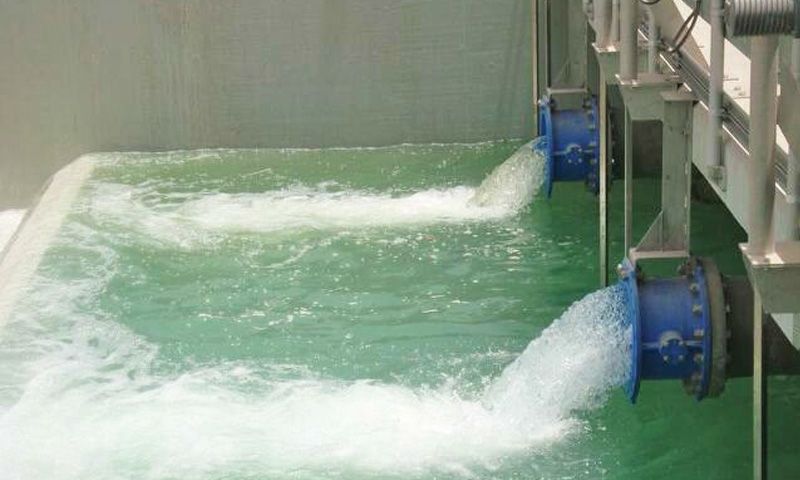Over 50pc of treated water ‘wasted to sea’
Manama : More than half of the treated water in the Kingdom is pumped out into sea, wasting millions of dinars spent for the treatment processes, it is learnt. The authorities cite high transportation costs as the reason behind this move, sources say. This was confirmed to Tribune by an official in the Works, Municipal Affairs and Urban Planning Ministry, on grounds of anonymity.
“Transporting treated water to different areas across the Kingdom is an expensive thing and there is no department budgetary allocation for the purpose. “Hence, what is being done now is to waste treated water into sea. With proper plans in place, this water can be used for many purposes including irrigation.” The source said that around 120 million cubic metres of water is treated at the Tubli Wastewater Treatment Plant on a daily basis, out of which only 54 million cubic metres of water is only used for irrigation purposes.
“Seven hundred out of 900 farms in the Kingdom benefit from this treated water, which constitute almost 25 per cent of the Kingdom’s agricultural produce.” “The ministry is the sole authority over the functioning of the plant and transporting of treated water.” Speaking to Tribune, environmentalist Mohammed Jawad said that more efforts are needed to effectively use the treated water with an aim to increase green spaces across the Kingdom.
“It’s unfortunate that we don’t have proper reservoirs to store this ‘excess water’.” A study recently conducted by a team from the University of Bahrain showed that the treatment process used at the plant effectively eliminated coliform bacteria from the water. Coliforms can be found in the aquatic environment, in soil and on vegetation; they are universally present in large numbers in the feces of warm-blooded animals. While coliforms themselves are not normally causes of serious illness, they are easy to culture, and their presence is used to indicate that other pathogenic organisms of fecal origin may be present.
The study was conducted between 2014 and 2018 by Dr Ali Salman Binthani, an Assistant Professor in the Department of Life Sciences within the University’s Faculty of Science, and his team comprising many students from the same department. The study revealed that the treatment process was 100pc effective with zero presence of harmful bacteria or microbes in the treated water.
Related Posts

